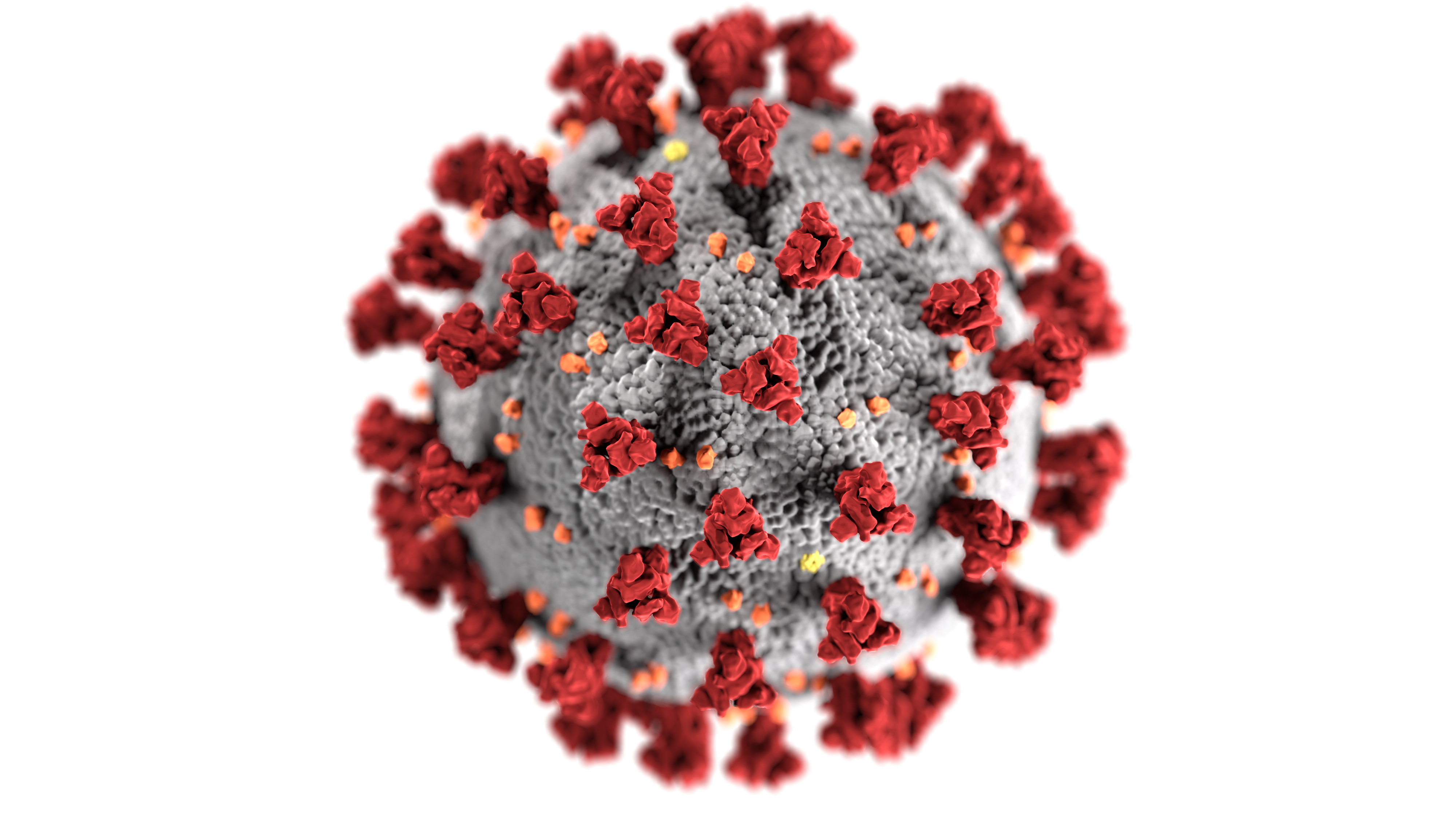Coronavirus and diabetes

Coronavirus/COVID-19 and diabetes: What you should know
The Harold Schnitzer Diabetes Health Center takes the health of our patients, staff and greater community very seriously. If you or a family member have an upcoming appointment with us and are experiencing the following symptoms, we ask that you contact our center at 503-494-3273 to reschedule your medical appointment.
Symptoms according to the CDC, that appear 2-14 days after exposure are:
- Fever or chills
- Cough
- Shortness of breath or difficulty breathing
- Fatigue
- Muscle or body aches
- Headache
- New loss of taste or smell
- Sore throat
- Congestion or runny nose
- Nausea or vomiting
- Diarrhea
If you or a family member has flu-like symptoms (fever, cough or shortness of breath), or believe you may have been exposed to coronavirus, you should:
- Contact your county health department directly.
- Remain home and call your primary care provider. Calling ahead helps to determine the most appropriate care.
- Refrain from visiting hospital emergency departments, urgent care or outpatient clinics to avoid spreading the virus.
- Consider scheduling a consultation via OHSU’s telemedicine program, which offers an opportunity for individuals to connect directly with providers via video chat from home.
- This service is an OHSU Urgent Care service and should be considered if you have do not have primary care or cannot contact your primary care for advice. This service is not related to the diabetes center or specific diabetes care.
-
People with diabetes are not more susceptible to coming down with COVID-19.
- People with diabetes have been identified as one of several high-risk groups according the Centers for Disease Control (CDC). This means that if a person with diabetes does contract COVID-19 infections, they may be at higher risk of developing serious complications than those without chronic diseases.
- According to recently published research, people with diabetes are more likely to experience serious complications from COVID-19. Those who are younger and have their diabetes well-controlled without chronic diabetes complications are probably at a lower risk than others. Those at greatest risk are those who have a second chronic disease (such as a compromised immune system, heart disease or renal failure).
- As with any illness, those with type 1 diabetes have to give particular attention to avoiding diabetic ketoacidosis. Carefully monitor blood glucose, check ketones more often, and maintain good hydration with water.
Dear Patients and Families,
We know it can be trying to make the best decisions for your child with diabetes in the midst of this COVID-19 outbreak. As your pediatric diabetes doctors we would like to help you as much as possible and to assure you we are working with our OHSU/Doernbecher Pediatric Infectious Disease team and staying updated on the situation in order to provide our patients with the best possible guidance and care.
While information from the CDC is being updated frequently, there are currently no additional precautions recommended for children with diabetes. The best thing that you can do for your child is to promote good handwashing practice, and stay away from large gatherings and people who are sick. Try to stay up to date with your school system and local health authority recommendations regarding school and extracurricular activities. While vacations are fun and important family experiences, we are not able to provide you with advice about whether these trips should be cancelled. Social distancing is a way we can all help slow down the virus, but these recommendation are not any different for children with diabetes. A decision about a trip cancellation should be made based on CDC travel recommendations and your own comfort level.
There is some preliminary good news about COVID-19 and children. Children who have been infected with the virus overall seem to have a milder disease course. While having diabetes means that your child is at higher risk of having a complication from any respiratory infection, based on currently available information, it does not appear that children with diabetes are at higher risk of needing to be hospitalized with a COVID-19 infection. If your child becomes ill with a fever or respiratory symptoms, please contact your child’s Primary Care Provider (PCP) for advice. They can help determine whether testing for COVID-19 is needed. We do not recommend coming to the hospital for minor symptoms. Most people will recover from this virus with rest and supportive care.
Sincerely,
Your pediatric diabetes team